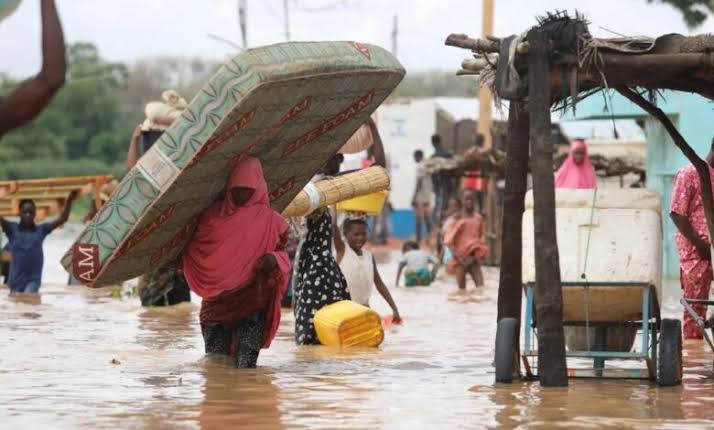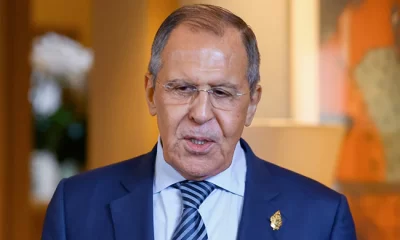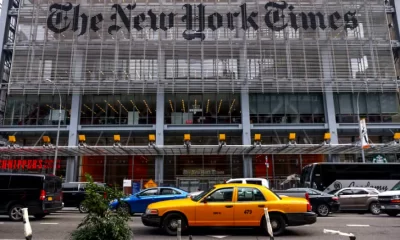Breaking News
Poverty, Poor Transport, and Social Isolation Driving Health Crisis in Lagos — U.S.-Based Researcher
Participants reported widespread struggles with income, exercise, social connections, and safety—both at home and in the workplace. Notably, the extent of these challenges was similar across both rural and urban communities, a significant shift from trends observed before the COVID-19 pandemic.

A U.S.-based Nigerian nurse researcher, Omobolanle Agboola, has identified poverty, inadequate transportation, and social isolation as key factors fueling a growing health crisis across Nigerian communities, particularly in Lagos.
Agboola, a PhD candidate at the University of Minnesota, shared insights from a recent study she conducted using the MyStrengths+MyHealth (MSMH) digital tool, which measures individuals’ Strengths, Challenges, and Needs. The study surveyed 180 participants across both rural and urban areas of Lagos.
“Income challenges remain the most common factor impacting health,” Agboola told Vanguard, emphasizing that poverty not only threatens physical and mental health but also contributes to high rates of mortality and morbidity.
Participants reported widespread struggles with income, exercise, social connections, and safety—both at home and in the workplace. Notably, the extent of these challenges was similar across both rural and urban communities, a significant shift from trends observed before the COVID-19 pandemic.
According to the study, the majority of respondents lacked sufficient income, with over half only able to afford basic necessities. Many reported difficulty meeting essential needs, highlighting a widespread financial strain.
“Poverty takes a heavy toll, affecting physical and mental health, nutrition, housing, medication affordability, healthcare access, and social well-being,” Agboola explained. “Transportation barriers, dangerous traffic, and pollution further reduce social interaction and quality of life, leading to distress and hopelessness. These challenges are key social determinants of health that shape overall well-being.”
To combat these issues, she called for comprehensive policies aimed at improving financial stability, transportation systems, social services, and broader economic security.
“Coordinated support from federal, state, and institutional levels is essential in tackling poverty, social disparities, health inequities, and their consequences. This must be done within the framework of social justice and health equity,” she concluded.










